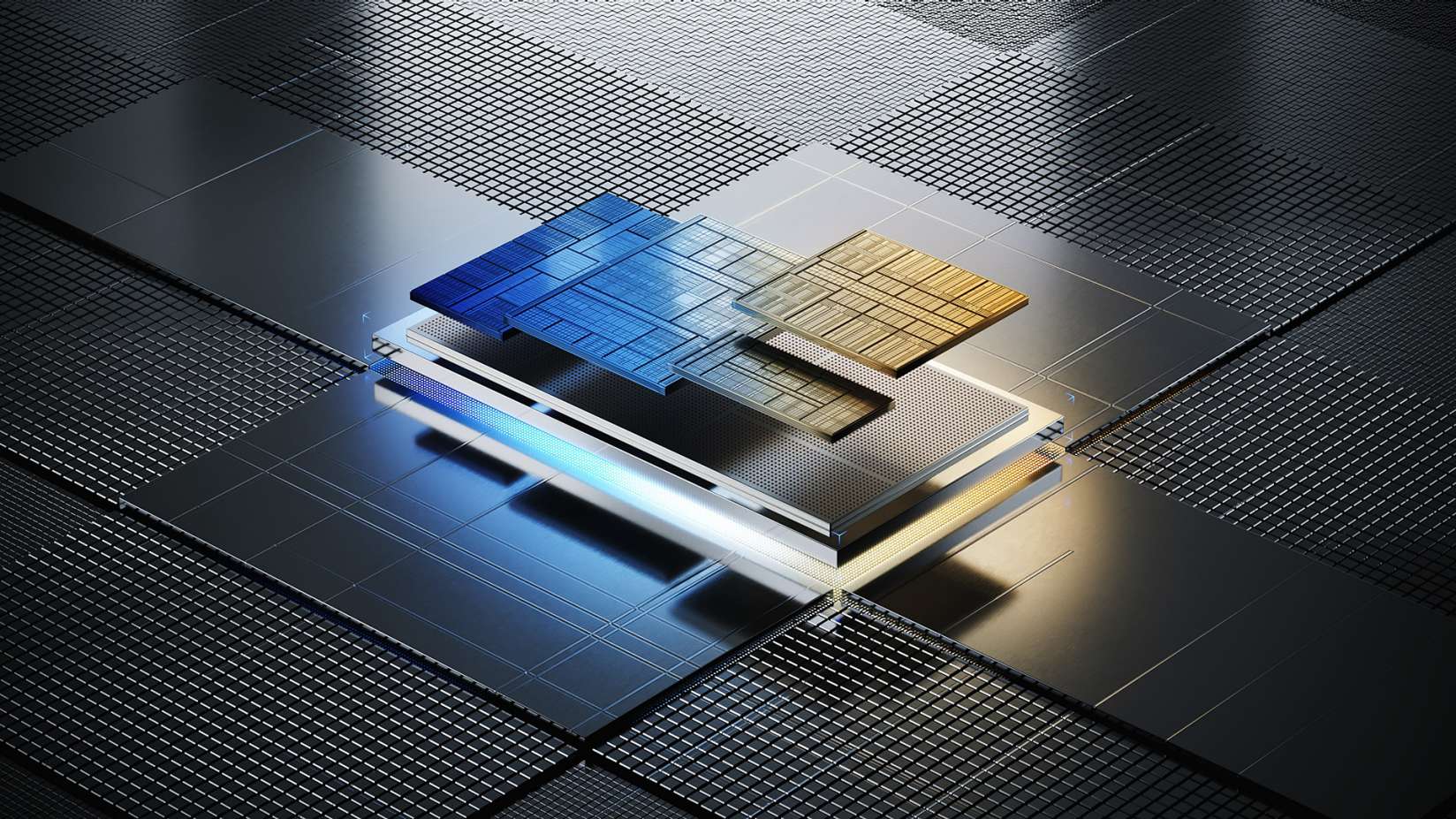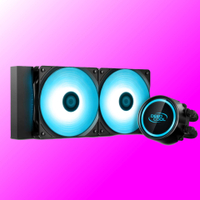Leaked Intel Arrow Lake CPU benchmarks show generational performance regression but that might not be the whole story
That said, if the numbers are real Arrow Lake certainly isn't revolutionary.

What with the ongoing 13th and 14th Gen CPU debacle, wouldn't it be nice if Intel had a hot new generation of desktop processors to fix everything. In theory, that would be Arrow Lake, due out later this year.
The problem is, some new leaked benchmarks spotted by X account Benchleaks (via Tom's Hardware) don't exactly paint a stellar picture of Arrow Lake's performance prowess.
The chip in question is the upcoming Intel Core Ultra 7 265KF. It's expected to slot into the range in the same spot as the existing Core i7-14700KF. So, it's a second rung model with the integrated GPU disabled.
But what of those benchmark results? Well, we're talking Geekbench 6, which comes with the usual caveats. Whatever, the leaked numbers for the 265KF are 3,219 single-thread points and 19,433 multi-thread points.
That compares with 3,005 and 19,595 points, respectively, for the Core i7-14700KF (read our review of the similar Core i7 14700K here). Notably, the new Arrow Lake CPU is expected to offer the same eight Performance and 12 Efficient core configuration as the 14700KF.
However, the big difference with Arrow Lake is that it ditches HyperThreading from its Performance cores. That means it drops eight threads from its overall thread processing count versus its predecessor.
[GB6 CPU] Unknown CPUCPU: Intel Core Ultra 7 265KF (20C 20T)Min/Max/Avg: 5320/5495/5472 MHzCodename: Arrow LakeCPUID: C0662 (GenuineIntel)Single: 3219Multi: 19433https://t.co/oUOhPESaSAAugust 15, 2024
With that in mind, the slight regression in multi-thread performance does make sense. Indeed, it's actually less of a drop than you might expect from the removal of HyperThreading support.
Keep up to date with the most important stories and the best deals, as picked by the PC Gamer team.
But if accurate, any actual regression in multi-thread performance, generation-on-generation, is still very disappointing from what is meant to be a pretty major architectural advance.
The other part of the performance equation, of course, is single-thread performance. Here the new Arrow Lake processor does gap the old Raptor Lake, but not by as much as you'd hope for from a brand new CPU design that seems to be making a fairly significant concession regarding multi-threading.
These Geekbench 6 numbers indicate a single-thread uptick of just over 7%. That's hardly a radical jump. However, multiple factors are not clear. What clock speed is the new chip running at? And is that speed representative of the final product?
The Geekbench entry says 3.9GHz for the Arrow Lake chip's base clock, which compares to 3.4GHz for the 14700KF. But again, it's not known if this is an accurate or final figure. And the Max Turbo figure simply isn't known, be that the speed this particular chip is running at or the final retail processors.
Moreover, final revisions to the elements like microcode can unlock further performance. So, there's a good chance 7% won't be the final single-thread performance delta. And Geekbench is but a single data point, too.
But with all that in mind, if this is a real result from an actual Arrow Lake CPU, it's hard to imagine the final retail product will be cranking out, say, 25% more single-thread performance.
If you also factor in the fairly disappointing advances offered by AMD's latest Ryzen 9000 chips, well, this new generation of CPUs isn't exactly shaping up to be a classic. So, here's hoping Arrow Lake has a few other tricks up its sleeves that these supposed benchmarks do not reveal.
Best AIO cooler for CPUs: Keep your chip chill.
Best air cooler for CPUs: Classic, quiet cooling.
Best PC fans: Quiet and efficient.

Jeremy has been writing about technology and PCs since the 90nm Netburst era (Google it!) and enjoys nothing more than a serious dissertation on the finer points of monitor input lag and overshoot followed by a forensic examination of advanced lithography. Or maybe he just likes machines that go “ping!” He also has a thing for tennis and cars.


